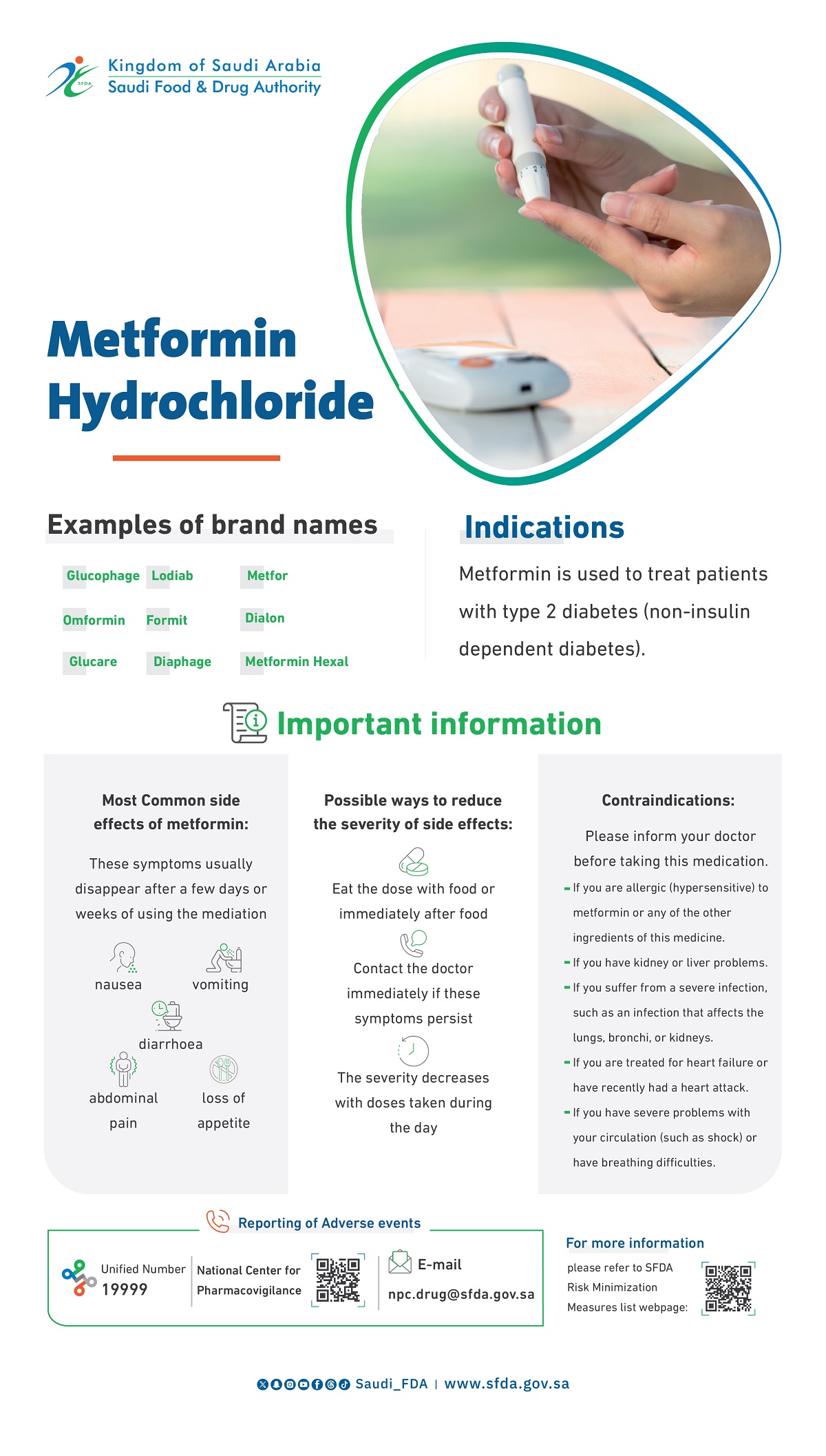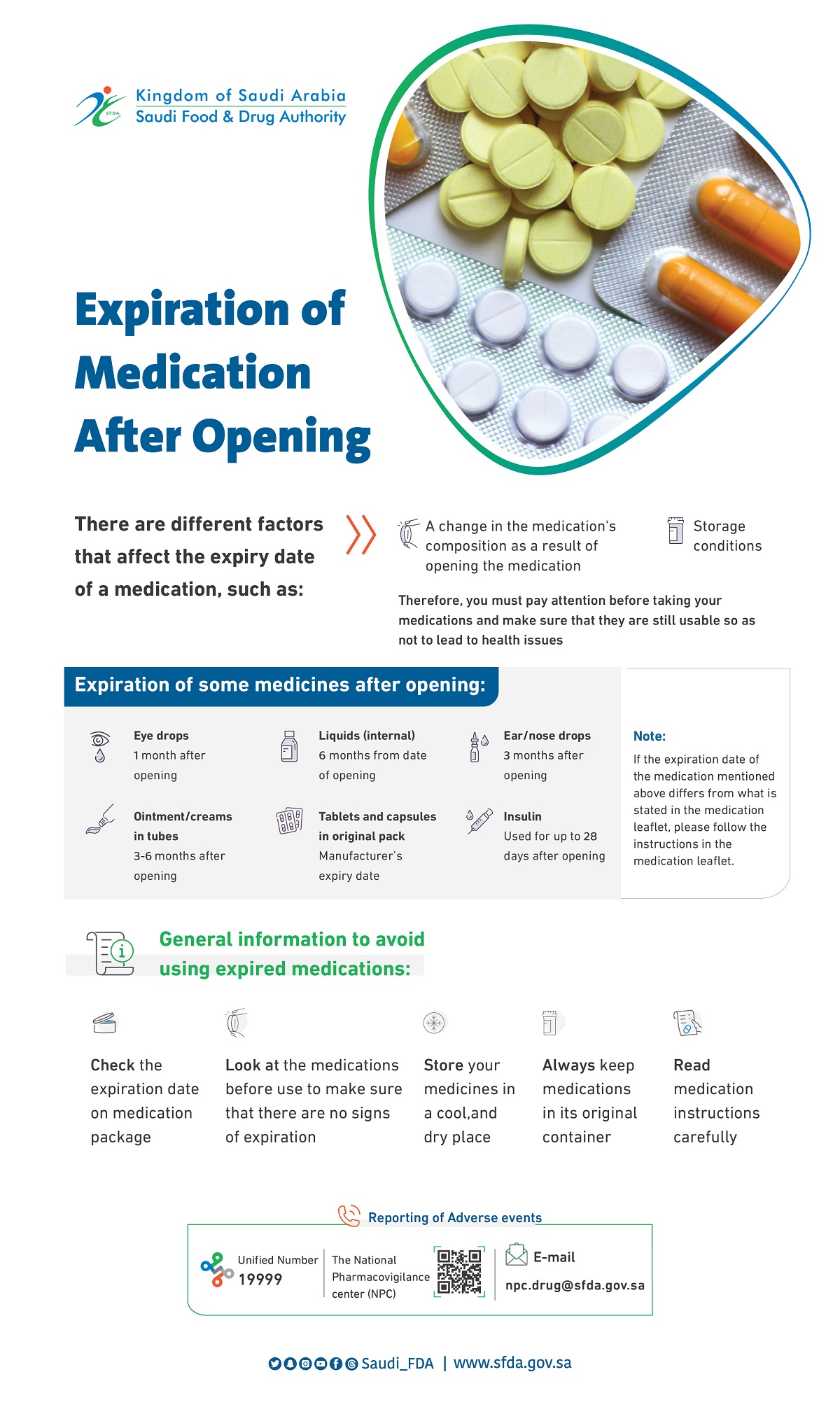
CNS toxicity of Methylthioninium chloride (methylene blue) with serotonergic drugs
CNS toxicity of Methylthioninium chloride (methylene blue) with serotonergic drugs
CNS toxicity of Methylthioninium chloride (methylene blue) with serotonergic drugs
2008-01-09
on January 7 , 2008 , the Medicines and Health Care Products Regulatory Agency (MHRA) , the British equivalent to the Saudi Food and Drug Authority (SFDA) , has informed the healthcare professionals that intravenous methylthioninium chloride in high dose should preferably be avoided in patients who have been treated recently with drugs that have serotonergic activity .
Methylthioninium chloride (methylene blue) is approved for the management of methaemoglobinaemia . it can be given intravenously or by mouth. Methylthioninium can also be of value as visualizing agent in surgical procedures , but it does not have an approved indication for this purpose. During surgery it may be applied locally , but for some procedures it is given intravenously.
MHRA received 27 cases (24 reported in the literature and three reported direct to the MHAR) of CNS toxicity when intravenous methylthioninium was used as a visualizing agent for parathyroid or thyroid surgery. In all but one case, the patients were also receiving serotonergic drugs (such as SSRI antidepressants, bupropion, buspirone, clomipramine, mirtazapine, and venlafaxine). For parathyroid surgery, methylthioninium chloride has been used in doses of 5-10 mg/kg (typically 7.5/kg), which are much higher than the doses used for management of methaemoglobinaemia. However, even doses of 3 mg/kg (and in one case 1.75 mg/kg in a 115- kg woman) have been associated with adverse CNS symptoms.
CNS toxicity usually came to light within a few hours of parathyroid or thyroid surgery, mostly during recovery from anesthesia. Confusion and disorientation occurred in most cases and other features included agitation , expressive aphasia, altered muscle tone in limbs, hypoxia, ocular symptoms, and depressed level of consciousness .
Action that Healthcare professional should follow:
· The need for intravenous methylthioninium chloride for visualization in surgical procedure should be assessed carefully: such use should be considered on case by case basis.
· If use of intravenous methylthioninium chloride cannot be avoided, the minimum possible dose should be used and the patient observed closely for CNS effects for up to 4 hours after administration.
· Intravenous methylthioninium chloride should preferably be avoided in
patients who have been treated recently with drugs that have
serotonergic activity
Report Adverse Drug Reactions to the Saudi FDA
The public and health professionals are encouraged to report adverse drug reactions the National Pharmacovigilance Center on the Internet at
http://





